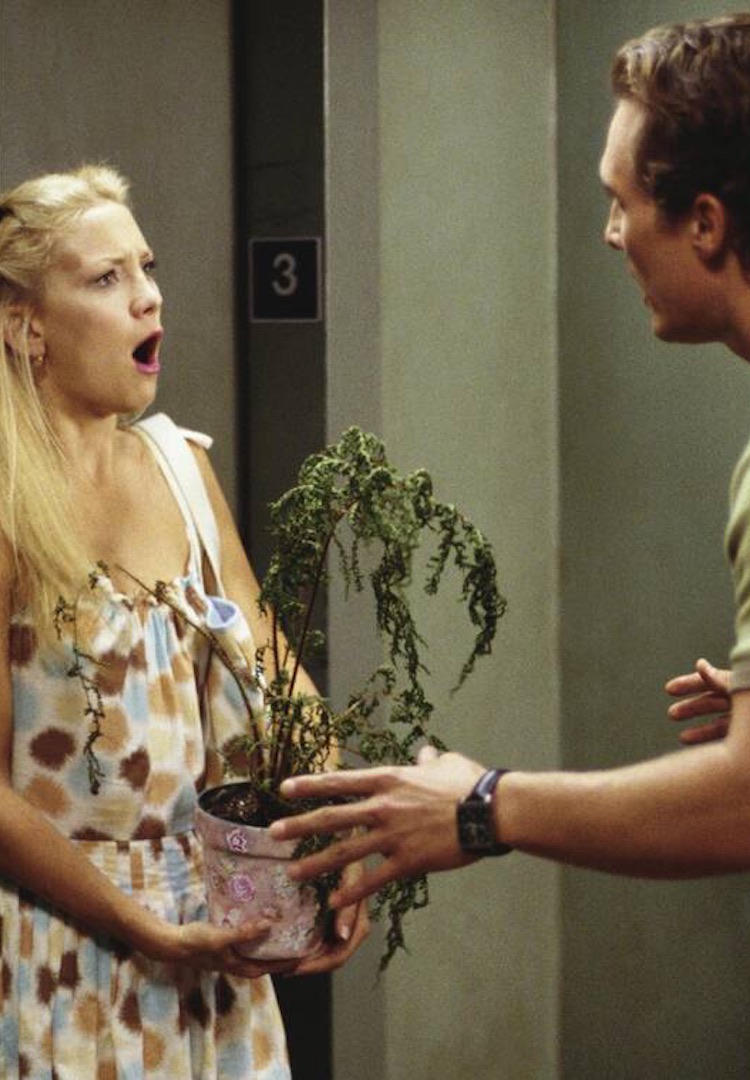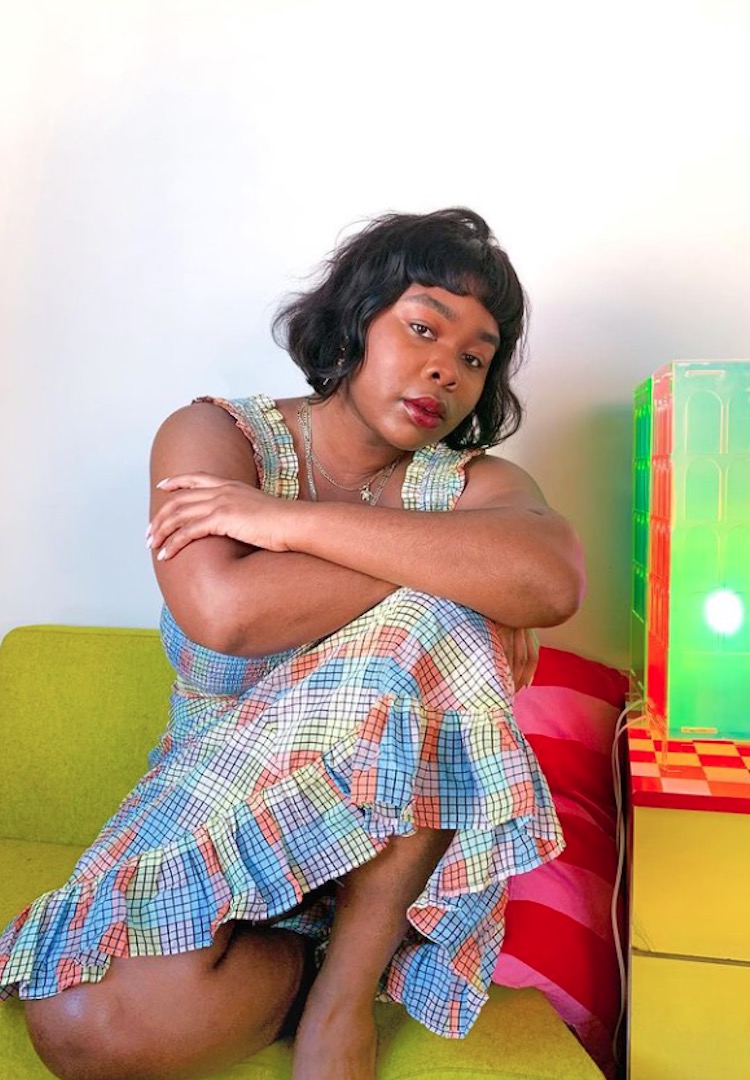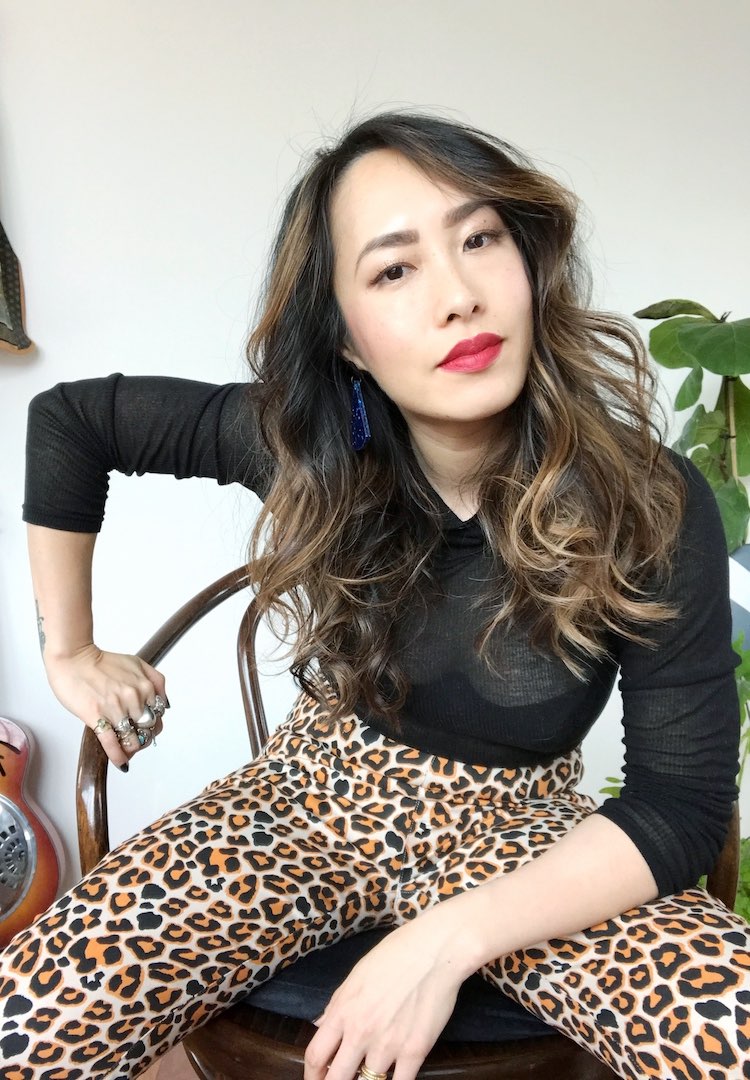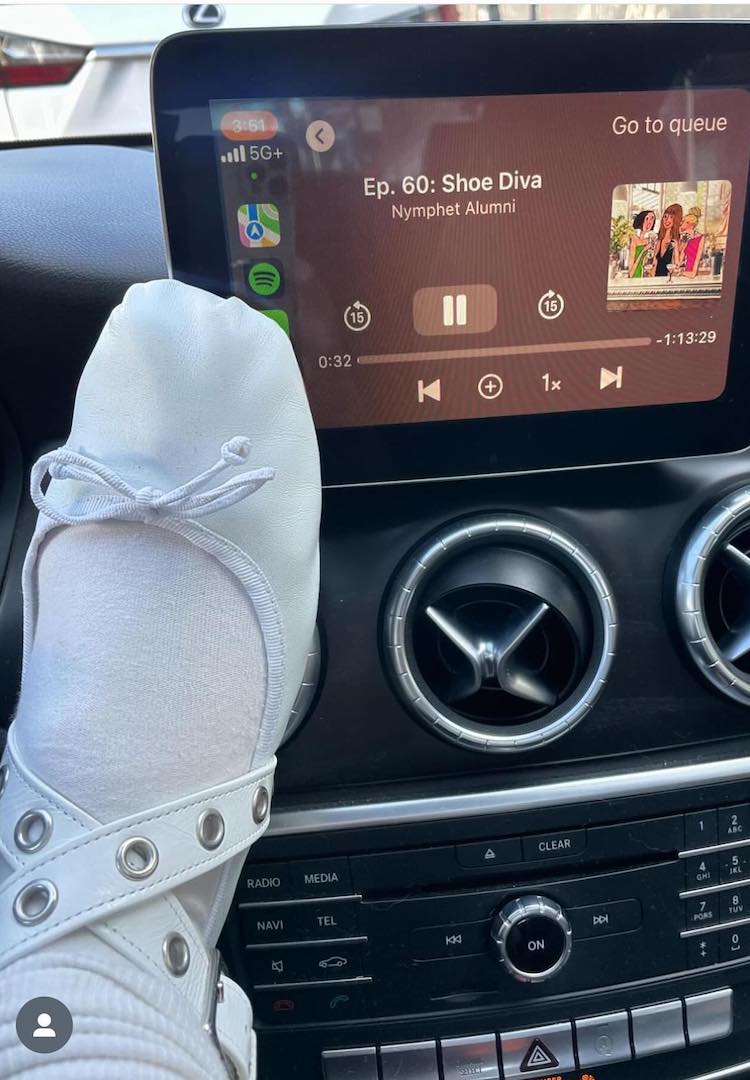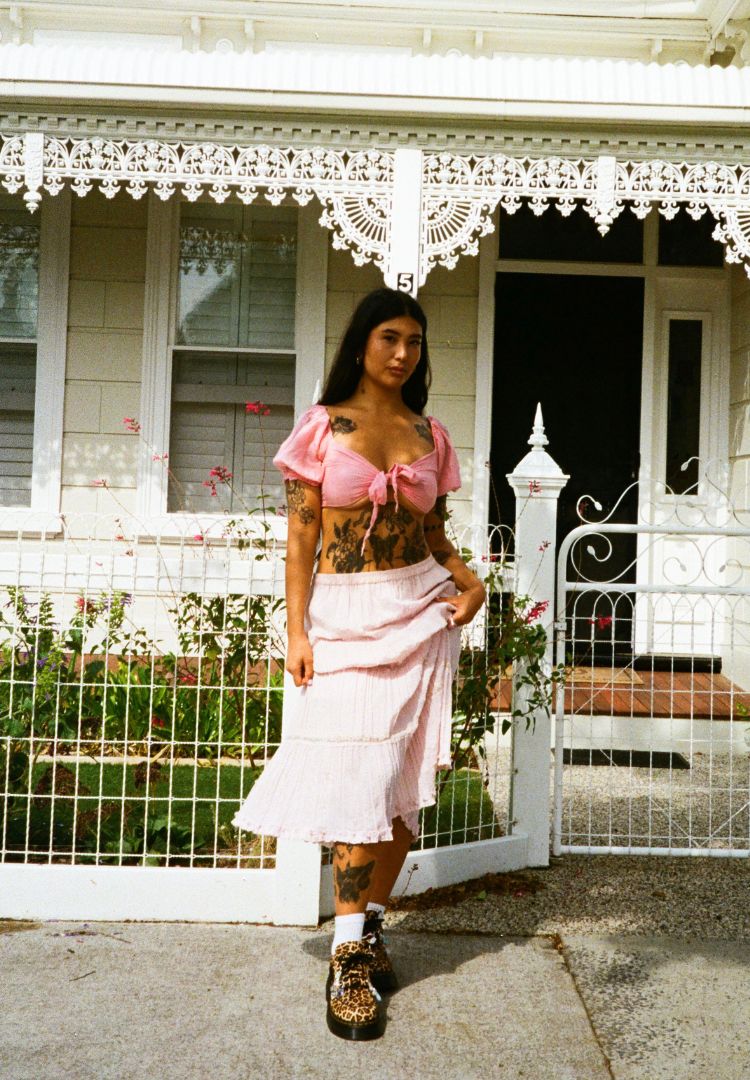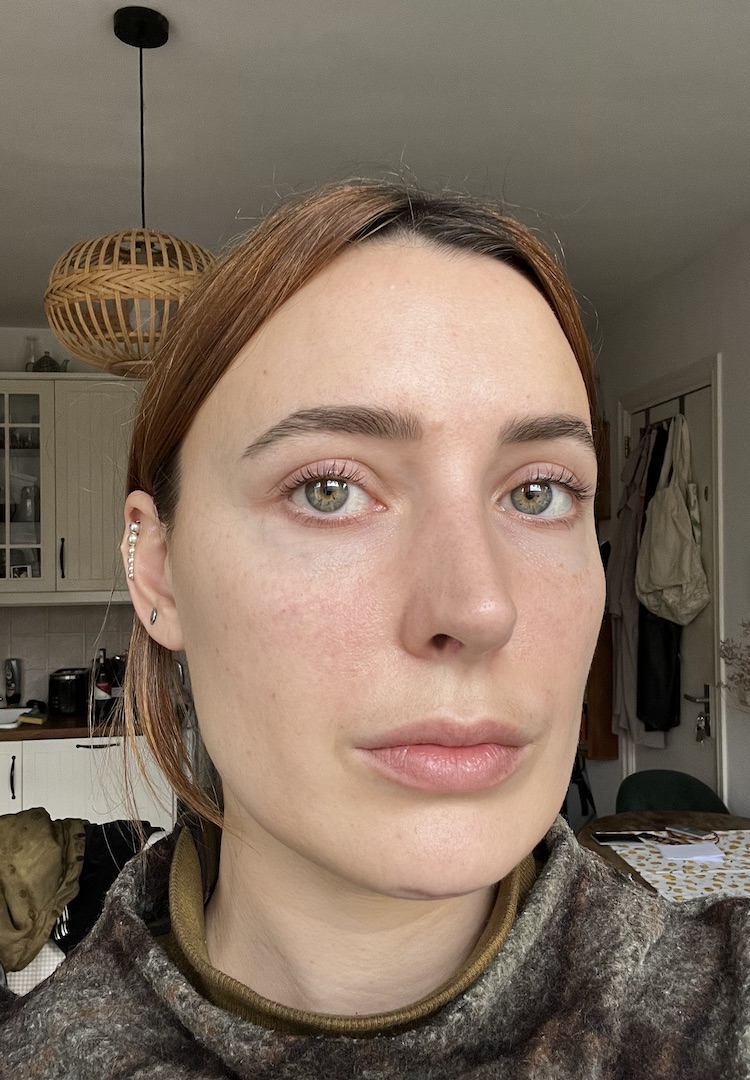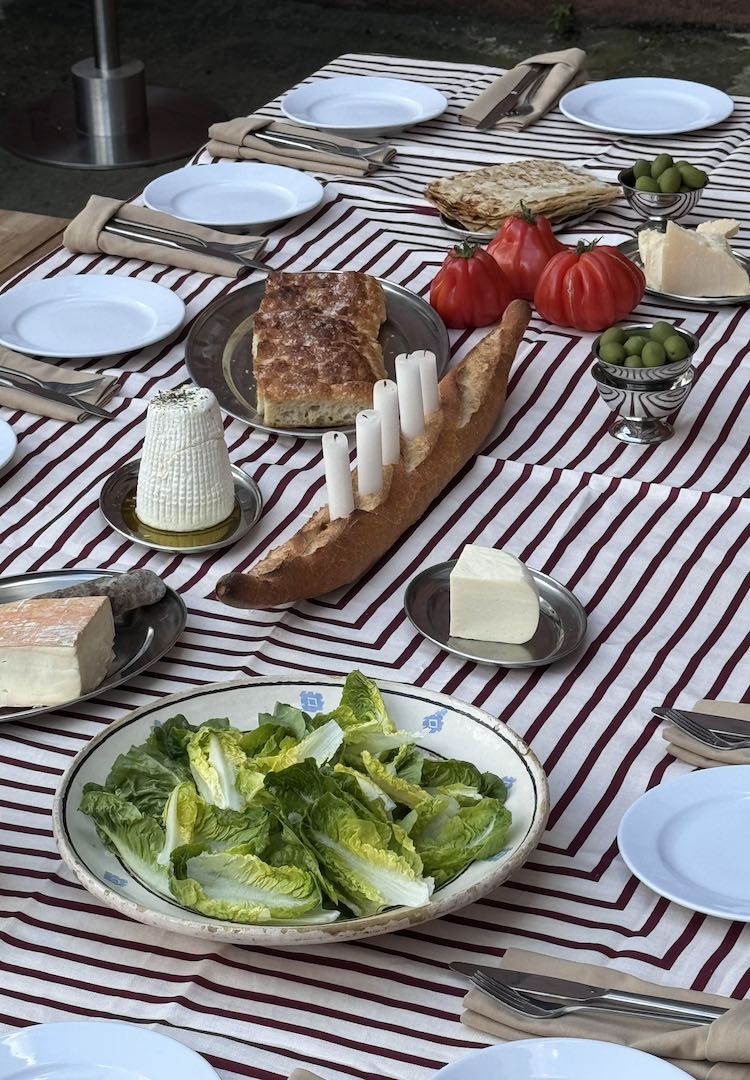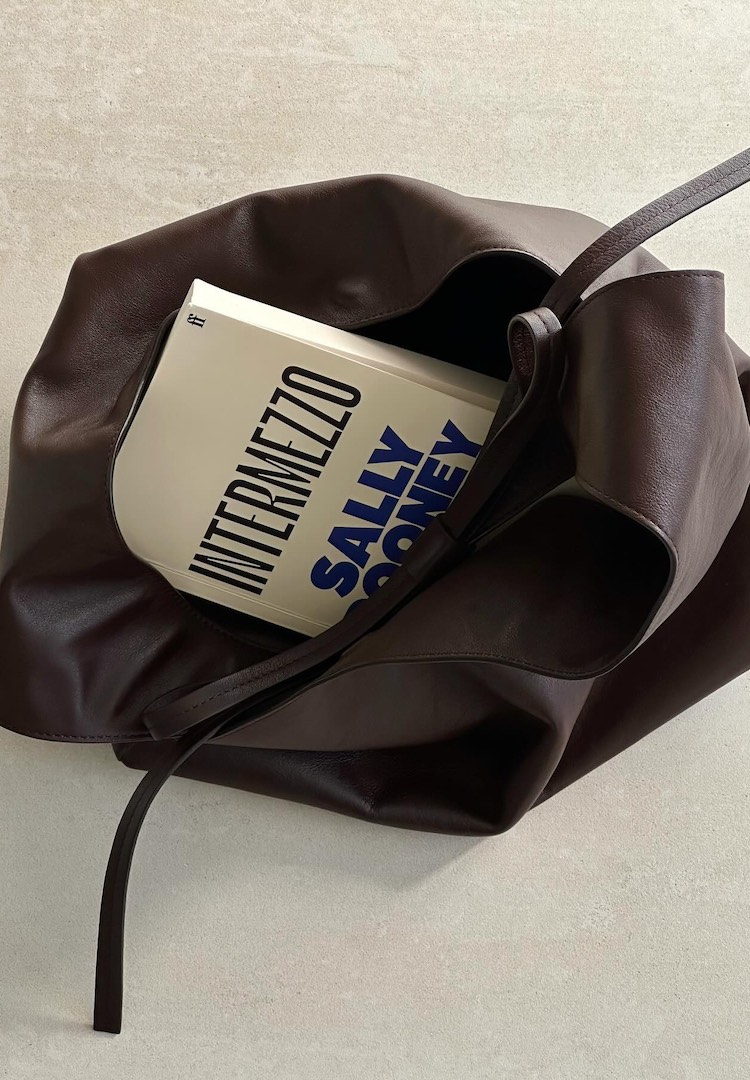Starting a Podcast: Flex Mami, After Work Drinks and Hannah Furst tell us their secrets
IMAGE VIA @FLEX.MAMI/INSTAGRAM
WORDS BY MAGGIE ZHOU
Lessons from the best.
Plugging in a podcast solves just about anything these days. Want to learn something new? Chuck on a podcast. Want to hear about a very obscure and oddly specific true crime case? Podcast. Want to bathe in the comfort of conversation, without having to actually socialise with others? Podcast.
Isabelle Truman, co-host of the pop culture and news podcast After Work Drinks, believes that podcasts are this generation’s ideal way to consume content. “Our attention spans are so short now and we’re constantly doing a billion things at once, so I think having something that people can listen to while they commute, exercise, drive, cook, whatever, is really appealing.”
Her co-host Grace O’Neill agrees. “I think people really crave intimacy now – everything feels so un-intimate nowadays with social media… I think being able to combine the basic foundations of journalism – being informative [and] honest – with being candid, funny, and intimate is why podcasting is so popular at the moment.”
View this post on Instagram
After years of devouring podcasts, I decided to take the leap with fellow Fashion Journal contributor Jasmine Wallis and start our own podcast, Culture Club. But prior to this, the nitty-gritty of actually birthing a pod wasn’t something I paid much mind to.
Firstly, you have to find a podcast hosting platform that distributes your episodes on platforms like Apple Podcasts and Spotify, you’ve got to figure out how you’re going to record (we recommend Zoom and Zencastr if you’re long-distance), as well as how to delegate editing and social media tasks.
One piece of advice that’s thrown around is to “find your niche”. Hannah Furst, Adore Beauty’s content manager and co-host of Beauty IQ Uncensored and Single Minded, took this somewhat cliché guidance and made it her own with her newest podcast Single Minded, which flips the script on being single.
“I was so over the media portraying singledom as something to fear or be embarrassed about. Especially women that are 30 plus, like me. I didn’t have enough role models that were both single and happy about it”, says Hannah.
“I didn’t feel we were being represented in enough content – most of the dating podcasts are about how to meet someone; they’re not about how to date yourself first, or about having fun, or about forging your own path. I hope it gives more women like me permission to feel comfortable, and hopefully happy, with their singleness.”
Flex Mami, one of Australia’s most successful purveyor of podcasts, currently has three shows under her belt. Her first podcast, Bobo and Flex hosted with Bobo Matjila, explores politics, intersectionality, morality, feminism, capitalism and the like.
Whatever I Want is her solo podcast where she discusses whatever she wants, with whoever she wants, whenever she wants. And her latest offering, Flex’s Semi Factual History Lessons, dives into outrageous and often unbelievable historical events.
When asked what makes a podcast successful, she tells me she focuses her attention on her audience, rather than her content.
“Contrary to popular belief, I’d say that you need an audience that finds your point of view interesting, as opposed to striving to ‘make interesting content’,” she shares. “The life-breath of any good podcast truly is the people who validate it by listening. Because the fact is, every single podcast is an acquired taste.”
I asked Flex about the difference between hosting alone and with a co-host.
“Having a podcast with someone else is a really smart way to nail down your brand personality [and] perception. Audiences will naturally start projecting and deciding who they resonate with more. This creates a sense of comradery. Also, having two hosts, with two distinct personalities and interests makes for double the content opportunities, and double the potential reach,” she says.
View this post on Instagram
“Hosting alone is fun, [you can] focus on building a strong ‘one-on-one relationship’ with your audience, which is harder to do with duos because your audience often feels like a third wheel. However, it’s difficult to engage listeners because they’re not listening in on a conversation, they’re essentially listening to a rant,” Flex explains.
Hannah co-hosts with her mum and her sister produces and edits the podcast, so Single-Minded is truly a family affair.
“I love it. We are so honest with each other. We have a WhatsApp group called ‘Single Bitches’ where we give each other really honest feedback,” she says.
“My mum is turning 60 and has discovered this whole new career after doing a desk job her whole life. She loves it and writes herself pages of notes to prepare for each episode. Not me… I just turn up and wing it!”
Grace and Isabelle from After Work Drinks started off as friends and magazine editors in Australia, but over time, they’ve moved to various corners of the world and have had to learn how to navigate cross-continental recording.
Apart from having a solid internet connection and a lot of patience, as Isabelle recommends, they also know how much a podcast’s success can rely on the host’s synergy.
“Spend time before you start recording getting the ‘vibe’ right,” Grace recommends. “I know that sounds a little trite, but if the product is your personalities and your dynamic as a duo, literally stop and talk for 20 minutes beforehand, get each other laughing, talk through things you’re stressed about – don’t rush through it, because you can tell in the final product.”
Recording with your best friend can bring about its own set of challenges, as the line between friendship and business is blurred. But when it works, it works.
“We started the podcast as a fun hobby as friends, but have now transitioned into business partners,” Isabelle says.
“The biggest pro, I think, is that we trust each other completely. We are like sisters – she’s the first person I’ll think to call in any situation. Switching between modes can be a challenge sometimes and we definitely now have to plan our hangout time that isn’t work-related,” she says.
“It literally doesn’t feel like work,” Grace concludes. “We’ve kind of accidentally engineered a situation for ourselves where us catching up over a martini is our full-time job now, which is quite insane!”

